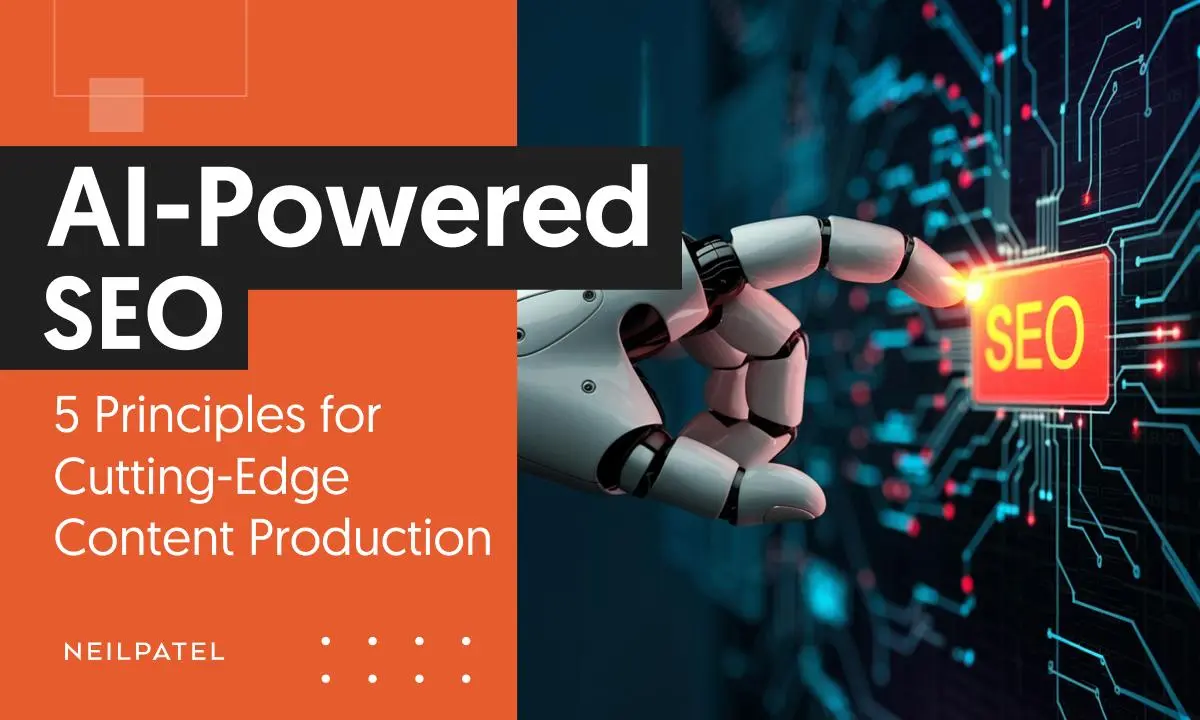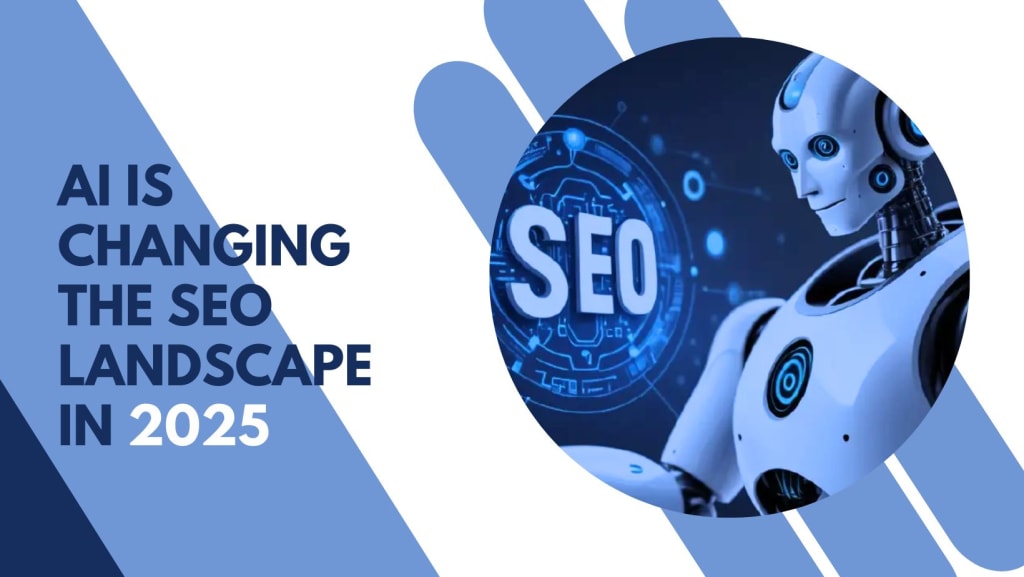The SEO market in the age of AI is characterized by a hyper-competitive landscape driven by AI-powered search technologies, requiring businesses to adopt proactive, strategic SEO approaches focused on user intent, content quality, and multi-channel presence to thrive.
Key trends and competitive dynamics shaping SEO in 2025 and beyond include:
-
AI Integration and AI-Generated Content: AI tools like Google’s Search Generative Experience (SGE) and large language models (LLMs) are transforming how search engines understand queries and deliver results. AI-generated summaries (AI Overviews) dominate SERPs, often reducing clicks but increasing the importance of unique, authoritative content that can be cited by AI systems.
-
Shift from Keyword to User Intent Optimization: Traditional keyword matching is less effective; SEO now prioritizes understanding and addressing granular user intent and natural language queries. AI’s ability to comprehend context means content must answer specific questions and provide experiential value rather than just targeting exact keywords.
-
Diversification Beyond Google: Search traffic is increasingly fragmented across alternative engines and platforms such as Bing, ChatGPT, TikTok, Instagram, and specialized answer engines. This diversification demands SEO strategies that optimize for multiple channels, not just Google.
-
Personalization and Predictive SEO: AI enables personalized search results based on user behavior, history, and preferences, making it critical for businesses to tailor content and SEO strategies to specific audience segments. AI-powered SEO tools assist with advanced keyword research, content optimization, and trend prediction to maintain competitiveness.
-
Rise of Voice and Conversational Search: With growing voice search adoption, SEO must incorporate conversational, natural language content optimized for voice queries to capture this expanding user base.
-
New Success Metrics and Full-Funnel SEO: SEO is evolving from focusing solely on rankings and clicks to measuring conversion quality, engagement, and brand trust. This full-funnel approach integrates SEO with broader marketing goals to sustain long-term growth.
-
Content Strategy Adaptations: To stand out amid AI-generated answers, brands must produce original, expert-driven content with unique perspectives, incorporate video and user-generated content, and build strong brand authority to be referenced by AI summaries.
-
Technical SEO and User Experience (UX): Despite AI’s rise, foundational SEO elements like technical optimization, site speed, mobile-friendliness, and UX remain crucial for maintaining visibility and ranking.
-
Competitive Landscape: Early adopters of AI-driven SEO tools and strategies are solidifying their lead, making it imperative for others to act quickly. Competition is not only from traditional market rivals but also from new players leveraging AI to optimize content and search presence.
In summary, the SEO market in the AI era demands a multi-faceted, agile approach that leverages AI capabilities for content creation and optimization, focuses on user intent and experience, diversifies across search platforms, and measures success beyond traditional metrics to maintain competitive advantage.





